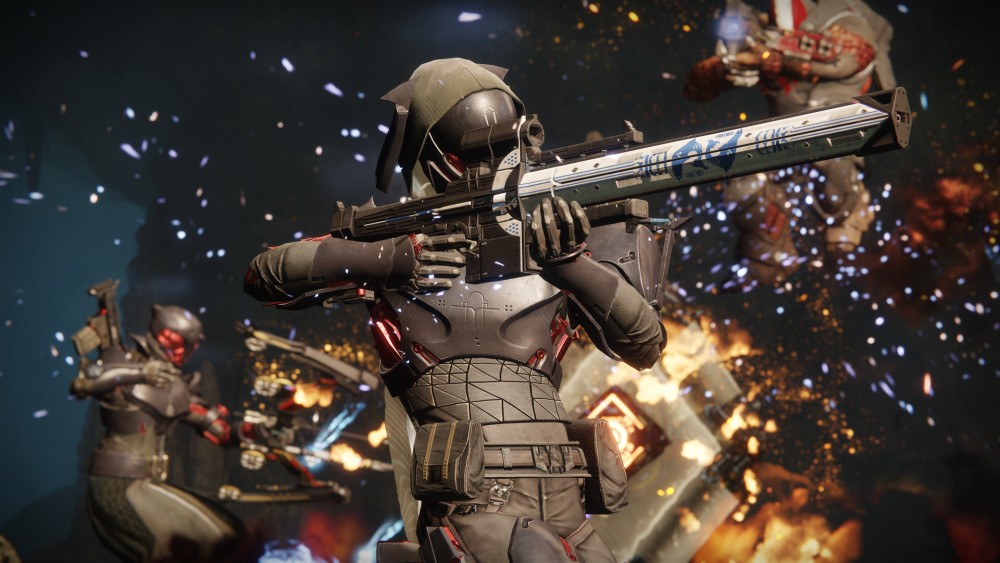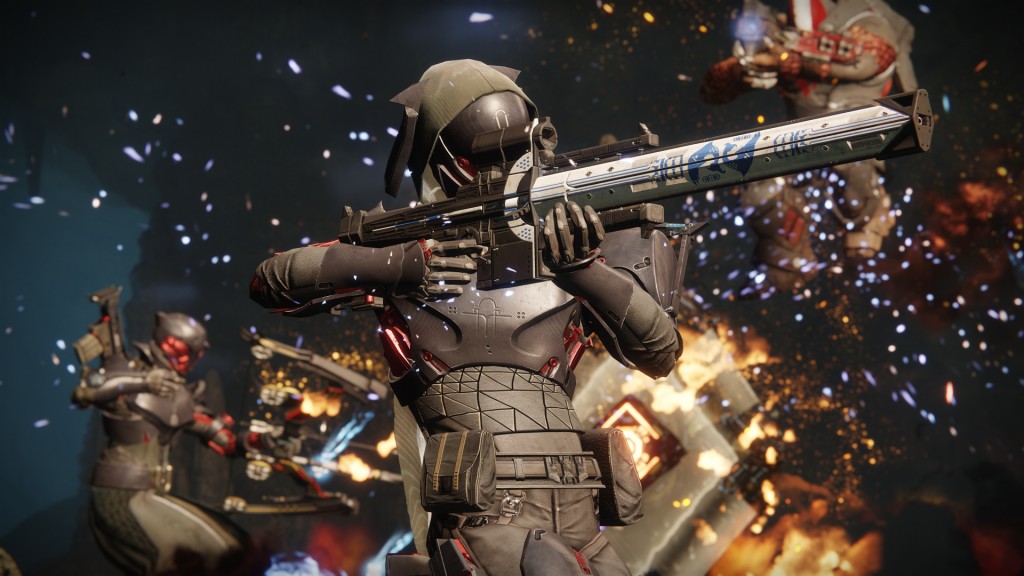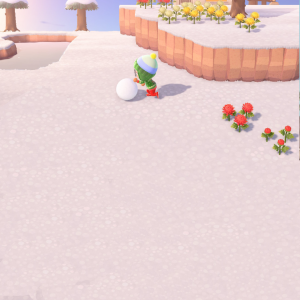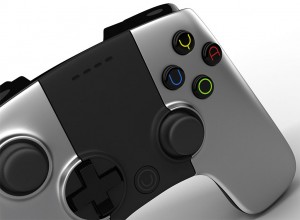The Bungie/Activision relationship is no more.
In what has been described as a day of joy by some Bungie insiders, Bungie recently confirmed that they are working to split from publisher Activision and take the Destiny franchise with them. This comes after Bungie signed a 10-year agreement with Activision in 2010.
In the eyes of many, Bungie should be celebrating this split. Publisher Activision has previously been accused of being one of the greediest major publishers in the gaming industry, and the popular theory is that their greed negatively influences the development of games.
As Bungie prepares to go their own way, though, we must stop and wonder whether or not Activision really deserves the blame for the bulk of Destiny 2‘s problems.
What are Destiny 2′s problems? It depends who you ask, but the complaints typically start with the fact the game exists in the first place in this current form. Destiny fans were all for more Destiny, but the fact that Destiny got a fully-fledged sequel that didn’t let people retain their progress from the first game and arguably didn’t make the best use of current technology.
It goes deeper than that, though. Many long-time Destiny fans argue that the game doesn’t do enough to cater to the most hardcore players by offering enough meaningful late-game content. Others stay that the game’s story structure is still an issue, the microtransactions are becoming ridiculous, and that it still requires you to spend too much time grinding levels in an increasingly unenjoyable gameplay loop.
How many of those problems are really Activision’s fault, though? Well, it seems safe to say that the microtransactions (specifically the consumable shaders) can probably be traced back to Activision. That seems like a cash grab from a company that admitted that Destiny wasn’t meeting their financial expectations.
However, Activision’s biggest “contribution” to the game’s problems is supposedly their mandate that Bungie follows a certain content schedule rather than release major content when the team has the right idea or when the studio is ready. Other Activision companies reportedly follow a similar schedule, but it’s been suggested that the Bungie team was especially handicapped by this directive.
That’s understandable, but it doesn’t really explain many of Destiny 2‘s biggest problems. Deadlines based on quarterly earnings reports can be frustrating, but they’re hardly unusual. That still doesn’t answer why some of the content that we’ve received has been so lackluster.
Could it be that Destiny 2‘s biggest problems are Bungie’s fault?
It really does look like that could be the case. Realistically, we get that Activision’s meddling probably caused a ton of frustration and hindered Bungie’s long-term creativity. However, Destiny 2 is the game they’ve got (unless they make the misguided decision to release a sequel). As it is, Destiny 2 needs some core fixes before we get excited about long-term content ideas, and we’re not entirely sure those fixes couldn’t have been implemented under Activision’s reign.
At the end of the day, it’s probably going to prove true that a happy Bungie is a better developer for Destiny 2. We think that the Destiny 2 content we do get once the two sides are done will exhibit certain, necessary improvements. However, it would be foolish to suggest that this move will automatically save the game.





